Gibraltar's Secret Wars
UK Policy towards Spain - From Non-belligerence to Neutrality, 1942-1945
As the tide of war turned against the Axis powers, Britain adopted a more forceful stance with Spain. In 1943, with the Axis obviously losing the war, Spain officially announced its neutrality.
By Nick Nutter on 2024-03-28 | Last Updated 2025-05-19 | Gibraltar's Secret Wars
This article has been visited 2,647 times

Mussolini and Hitler. Their smiles would soon be removed as the tide of war turned
Germany Fears Allied Invasion of Spain
According to historian Herbert Feis, the success of Operation Torch in November 1942 led to a shift in power dynamics. Germany, previously the dominant force, now feared an Allied invasion of Spain. This concern culminated in an agreement on December 17, 1942, where Germany promised arms to Spain in exchange for their use against an Allied attack.
Meanwhile, British military leaders advocated for a tougher stance on Spain. They believed the tide of the war had turned in the Allies' favour, as argued by Clive Wigg. Wigg criticized Prime Minister Churchill and the Foreign Office for their appeasement of Spanish dictator Francisco Franco. He felt the success of Operation Torch created an opportunity for a policy change. Britain's strong economic influence over Spain was another factor emphasized by the Chiefs of Staff.
However, the Foreign Office expressed caution. They acknowledged the improving situation but argued against drastic policy shifts, preferring a more measured approach.
Do you enjoy my articles? For your reading pleasure, this website does not carry third party ads. You could help me write more articles by buying me a cup of coffee.
Britain's Economic Response
While a complete policy shift was rejected, Britain's economic strategy expanded to include the pre-emptive purchase of critical war materials from Spain, specifically targeting resources Germany lacked. This marked the beginning of the "Wolfram War," named after Wolfram (chemical name tungsten), a vital component in weaponry and heavily relied upon by Germany due to limited alternative sources. The significance of Wolfram was underscored by a 1943 remark from the German Ambassador, who declared, "Wolfram is to us [Germany] almost what blood is to man."
An ideal scenario for Britain would be a complete halt on Spanish Wolfram exports to Germany. However, concerns arose that "such an embargo would draw the strongest possible protests from the Germans." As previously mentioned, it was in Britain's best interest to maintain a non-antagonistic relationship with Spain.
The Wolfram Tug-of-War
Thus began the pre-emptive purchase of Wolfram and the ensuing competition between Britain, the US, and Germany. The dramatic increase in Wolfram ore prices, from 2.1 million pesetas in 1940 to 102.4 million in 1943, exemplifies the immense cost Britain and the US incurred to outbid Germany. This buying spree significantly inflated Wolfram prices, raising questions about its effectiveness in reducing German consumption. The Allies explored alternative methods to hinder Germany without incurring excessive cost.
The US Approach and British Reservations
The US advocated for suspending oil supplies to pressure Spain into halting Wolfram exports. However, Britain and the US Ambassador to Spain, Carlton Hayes, resisted this idea, fearing it would jeopardize friendly relations with Spain. They believed Spain might not comply due to potential German retaliation and the significant economic repercussions. The end of the Wolfram trade would threaten Spanish livelihoods, deplete the Spanish Treasury, and deprive the Bank of Spain of its primary source of foreign currency.
Escalating Tensions
The US's push for a harsher policy intensified after intercepting a congratulatory message from Spain to Jose Laurel, president of the Japanese puppet state, the Second Philippine Republic. This perceived neutrality violation prompted the US to demand an embargo on Wolfram exports, the release of Italian warships and merchant vessels from Spanish harbours, and the expulsion of German agents from Tangier.
Viewed as an ultimatum, Britain believed such public pressure would likely be rejected by Franco. US diplomat Willard Beaulac, in his memoirs, summarized British anxieties about jeopardizing Anglo-Spanish relations: "Now Washington, instead of persuading a friend, seemed intent on producing an enemy." Britain refused to support the total embargo request and assured Spain that British companies in the Middle East would provide oil if the US refused to supply it.
Impact of Wolfram Buying Campaign
Several historians have debated the effectiveness of the Allied campaign to buy up wolfram supplies and limit their availability to Germany. While the full extent remains under discussion, evidence suggests a significant impact in 1943. The 1943 Wolfram Report shows a one-fifth reduction in German wolfram purchases during that year.
Furthermore, a key agreement in 1944 restricted Spanish wolfram exports to Germany. The terms limited shipments to "20 tons in May, 20 tons in June, and a maximum of 40 tons per month thereafter until the end of the year." Spain also pledged to hinder wolfram smuggling, to close the German Consulate-General in Tangier, expel German spies, and withdraw the Blue Division from the Eastern Front.
Shifting British Intelligence Operations
Changing circumstances on the battlefield impacted British intelligence operations in Spain. Operation Relator, a British plan for guerrilla warfare in case of a German invasion, was initially deployed in Gibraltar. However, as the likelihood of invasion dwindled, documents from the Special Operations Executive (SOE) reveal frustration among officers stationed in Gibraltar, who felt "rather bored." These records also confirm the abandonment of the original Relator project due to its impracticality.
In its place, a revised plan utilized remaining Relator personnel. This new initiative, known as Operation Goldeneye, envisioned "a small highly trained commando for use in... attacks on shipping, raiding parties, and other local operations based on Gibraltar." However, with Hitler's invasion of the Soviet Union, the threat to Spain receded, leading to the cancellation of Operation Goldeneye.
Restoring the Monarchy Shelved
The war's later stages coincided with the shelving of the plan to restore a monarchy. While the British Ambassador to Spain, Sir Samuel Hoare, initially favoured a monarchist movement, concerns arose that such a move might trigger a German invasion.
At the time, overthrowing Franco was deemed inadvisable due to the "risk that the new Government may rapidly be overthrown by the Germans" and the fact that the existing regime, "although it permits many un-neutral acts on its territory ... has so far maintained a sufficiently independent policy where our major interests are concerned." Despite his known monarchist leanings, Hoare prioritized non-intervention in Spanish affairs, stating his belief "that we should not become in any way connected with arrangements to bring Don Juan to Spain."
The British Embassy's refusal to participate in the monarchist manifesto signed by the Procuradores and presented to Franco served as further evidence of the plan's rejection.
Tide of War Turns
Several developments shifted British policy towards Spain during the war. The tide of the war turned decisively against Germany with their defeat at Stalingrad in 1943. This, coupled with Italy's withdrawal from the war and the fall of Mussolini in July 1943, significantly impacted Spanish opinion. Fascist Italy had been a model for Franco's regime since 1936, and its demise likely weakened Spanish faith in the Axis. This shift was reflected in the Spanish press, which became less pro-German and more favourable to Britain.
Spain's cooperation with British requests further signalled a change. In March of 1943, Spain agreed to return salvaged equipment from downed Allied aircraft, not intern Allied airmen, and allow the passage of thousands of French troops to North Africa to join de Gaulle's Free French forces.
Finally, on October 3rd, 1943, Spain officially declared a shift from "non-belligerency" to "neutrality." This change, along with the weakened state of the Axis powers, led to Britain viewing Spain as less of a military concern by 1944, as Ambassador Hoare noted, "Spain has now ceased to interest the Allies as a military factor in the present war".
The Best Guide to Gibraltar
First published in 2016, The Rock from Bottom to Top was due for an overhaul. We are pleased to publish a second edition on the 320th anniversary of Britain's capture of Gibraltar in 1704.
Completely updated with new images, stories, and anecdotes, Exploring Gibraltar is like no other travelogue or guidebook.
Exploring Gibraltar: The Rock from Bottom to Top is for anybody interested in the history, attractions, and culture of Gibraltar.

FREE to read on Kindle Unlimited, available as an Ebook download and full colour paperback.
References
'The Allied attitude toward the Franco Government', October 16th 1944, TP XIII/7, Cambridge University Library.
'Report on Principal Spanish newspapers and periodicals', TP XIII/7, CUL.
PM to Roosevelt, March 22nd 1944, Chartwell Papers (CHAR), The Churchill Archives Centre (CAC), Cambridge.
'Secret Protocol Between the German and Spanish Governments' in The Spanish Government and the Axis: Official German Documents (Washington: United Stated Government Printing Office, 1946), 35.
'Anglo-Spanish Relations since the Outbreak of War', June 3rd 1942, FO 371/31230, TNA.
British Chiefs of Staff to PM, June 27th 1943, PREM 3 405/8; FO to PM, August 9th 1943, PREM 3 405/8, TNA.
Beaulac, Willard Leon. Franco: Silent Ally in World War II. Illinois: Southern Illinois University Press, 1986.
Caruana, Leonard and Hugh Rockoff. 'A Wolfram in Sheep's Clothing: Economic Warfare in Spain, 1940-1944. The Journal of Economic History 63 (2003): 100-126.
Day, Peter. Franco's Friends: How British Intelligence helped bring Franco to Power in Spain. London: Biteback Publishing Ltd, 2011.
Dunthorn, David J. Britain and the Spanish Anti-Franco Opposition, 1940-1950. Basingstoke: Palgrave Macmillan, 2000.
Feis, Herbert. The Spanish Story: Franco and the Nations at War. New York: A. A. Knopf, 1948.
Do you enjoy my articles? For your reading pleasure, this website does not carry third party ads. You could help me write more articles by buying me a cup of coffee.
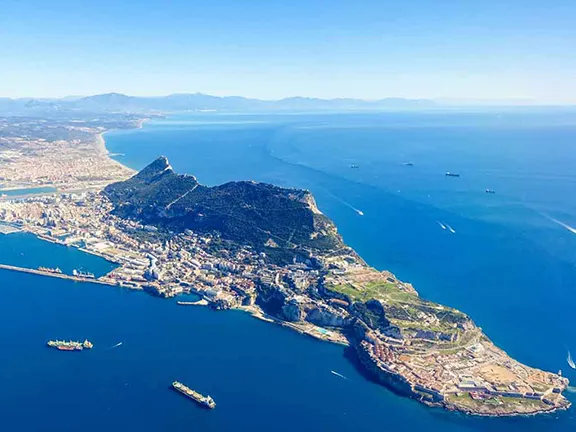 1: Defending Gibraltar in WWII
1: Defending Gibraltar in WWII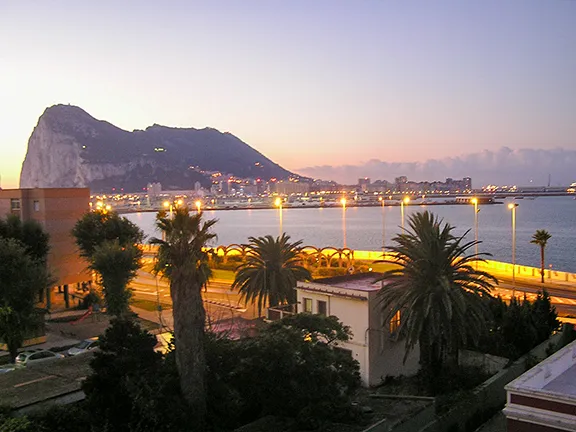 2: Operation Felix - Hitler's Plan to Capture Gibraltar
2: Operation Felix - Hitler's Plan to Capture Gibraltar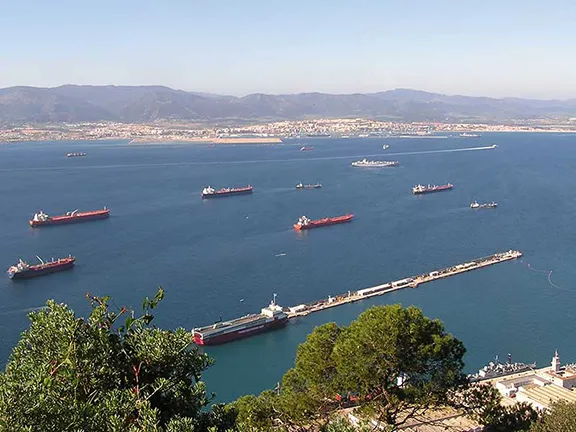 3: Operation Tracer - the Stay Behind Chamber
3: Operation Tracer - the Stay Behind Chamber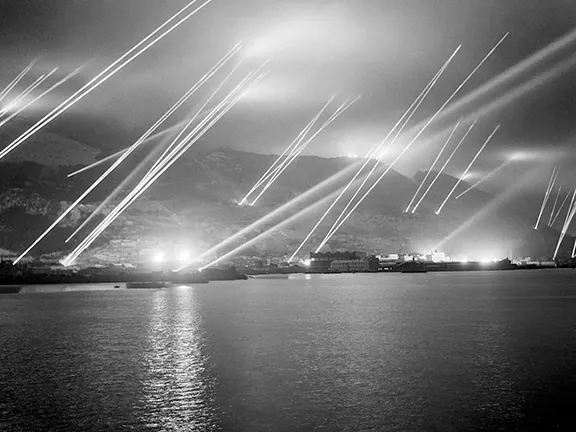 4: The WW II Evacuation of Gibraltar
4: The WW II Evacuation of Gibraltar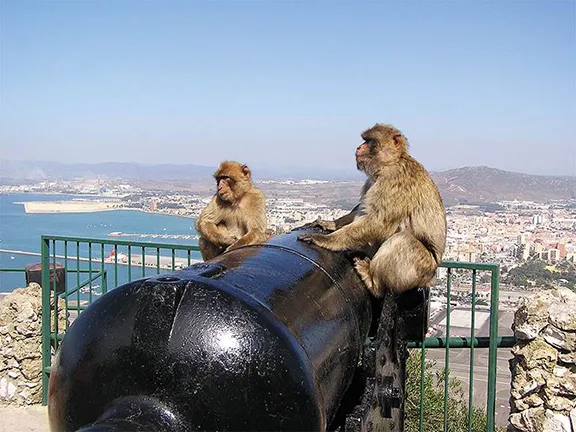 5: Gateway to Freedom for Escapers and Evaders
5: Gateway to Freedom for Escapers and Evaders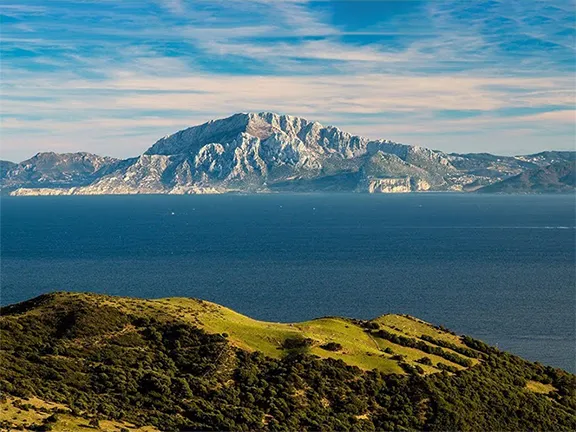 6: Gibraltar's Secret Flotilla during WW II
6: Gibraltar's Secret Flotilla during WW II 7: Covert Missions to France and North Africa
7: Covert Missions to France and North Africa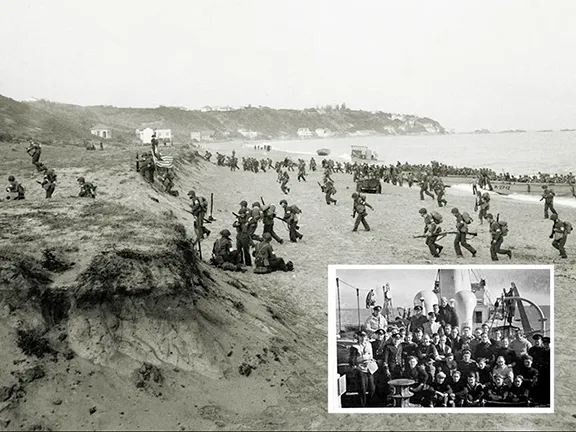 8: Letter from the Front - Personal Recollections
8: Letter from the Front - Personal Recollections 9: Operation Relator - SOE create mayhem in Gib
9: Operation Relator - SOE create mayhem in Gib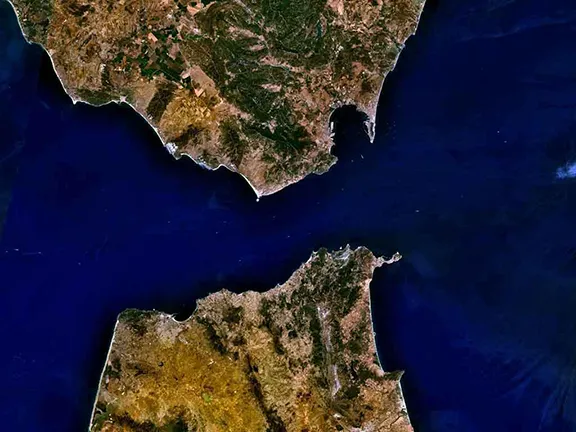 10: Operation Ursa Major - Prelude
10: Operation Ursa Major - Prelude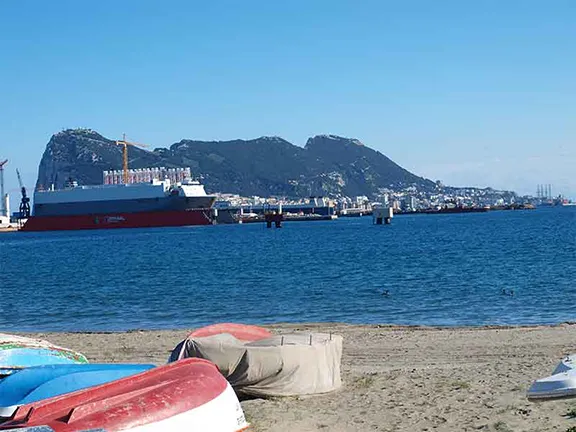 11: Operation Ursa Major - The Olterra
11: Operation Ursa Major - The Olterra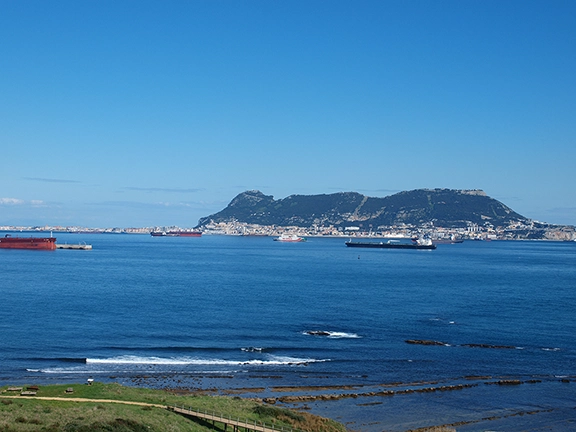 12: Operation Ursa Major - Execution
12: Operation Ursa Major - Execution 13: Operation Falaise - Zap a Nazi Spy Nest
13: Operation Falaise - Zap a Nazi Spy Nest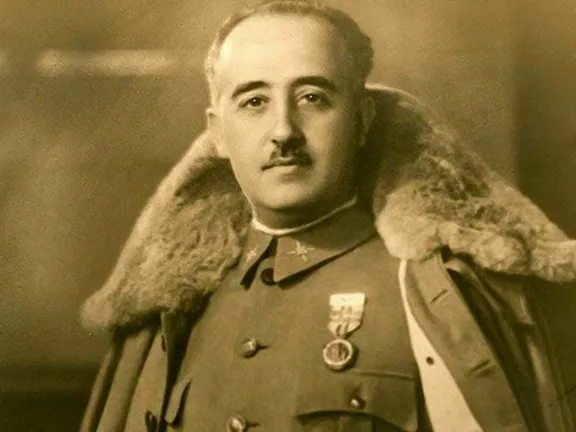 14: UK Policy towards Spain - Spanish Civil War
14: UK Policy towards Spain - Spanish Civil War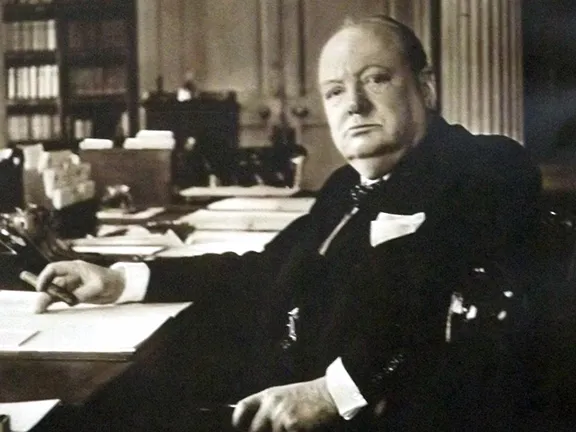 15: UK Policy towards Spain - 1940-1942
15: UK Policy towards Spain - 1940-1942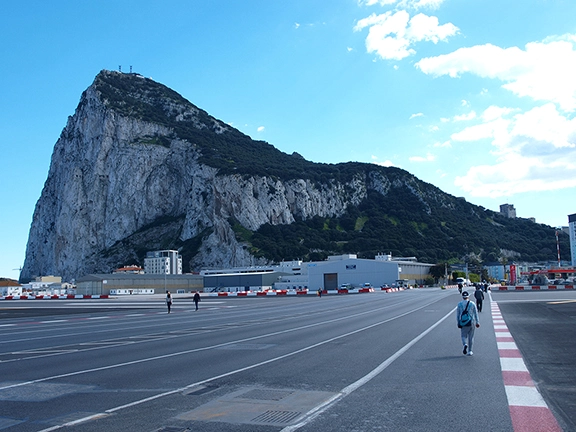 17: Abwehr Operations - Gibraltar WWII
17: Abwehr Operations - Gibraltar WWII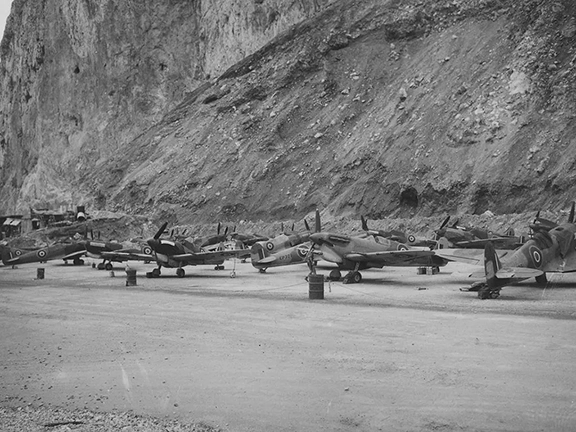 18: Counter Espionage - Gibraltar WWII
18: Counter Espionage - Gibraltar WWII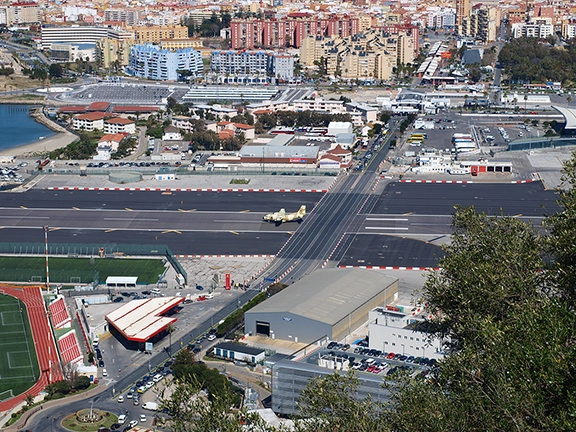 19: Operation Algeciras - 1982
19: Operation Algeciras - 1982